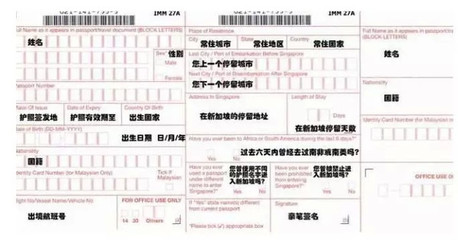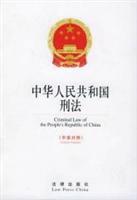Aboard和OnBoard,这两个词的基本意思都差不多,有时可以交换使用,但是有些地方的用法,最好要记住。比如:
l“Aboard”经常是用在海上的和船上的一些事情上面。如果说到一个人上船来,我们通常就会说“Welcome aboard”,而很少说“Welcome on board”。
l“On board”常常比“Aboard”更多地用作于“加入”、“参加”的同义词。如果要说“马特·斯密斯来我们销售部当主管”,那我们就会说“Mat Smith comes on board as SalesDirector”。
对于一些技术用语,那这两个词的用法就可能有比较严格的规定。比如,“离岸价格(船上交货)”就是“Free on board”;然而“All aboard”就是“请上船(车、飞机)”的意思。这里就不能互换。这种用词的方法没有什么逻辑性,只有多听美国人是怎样使用,才能知道什么时候应该用哪一个词。
另外,对于集装箱船上的集装箱和提货单来说,总是用“On Board”。这一类的技术用语都是规定用“on board”,都没有用“aboard”的。
Aboard vs. OnBoard
Theydo both mean the same thing and their use is generallyinterchangeable but there are some things to bear in mind; forinstance:
·Aboard is probably morelikely to be used is maritime / shipping contexts so, when someonecomes onto a ship, it is much more common tosaywelcomeaboardthanwelcome onboard
·Onboardis morecommonly used thanaboard as a synonym forjoining (e.g. "Matt Smith comes on board as SalesDirector")
There are probably a lot of technical terms that only work one way.Other examples are FOB ("Free On Board") or ""All aboard". You have to listen to a lot ofour talks then you will understand the ways how Americans use thesetwo words.
In addition, when working with containerized ships we always say"on board" related to the containers and to the Bill of Lading.Incoterms are specified with the word "on board", never"aboard".

 爱华网
爱华网



